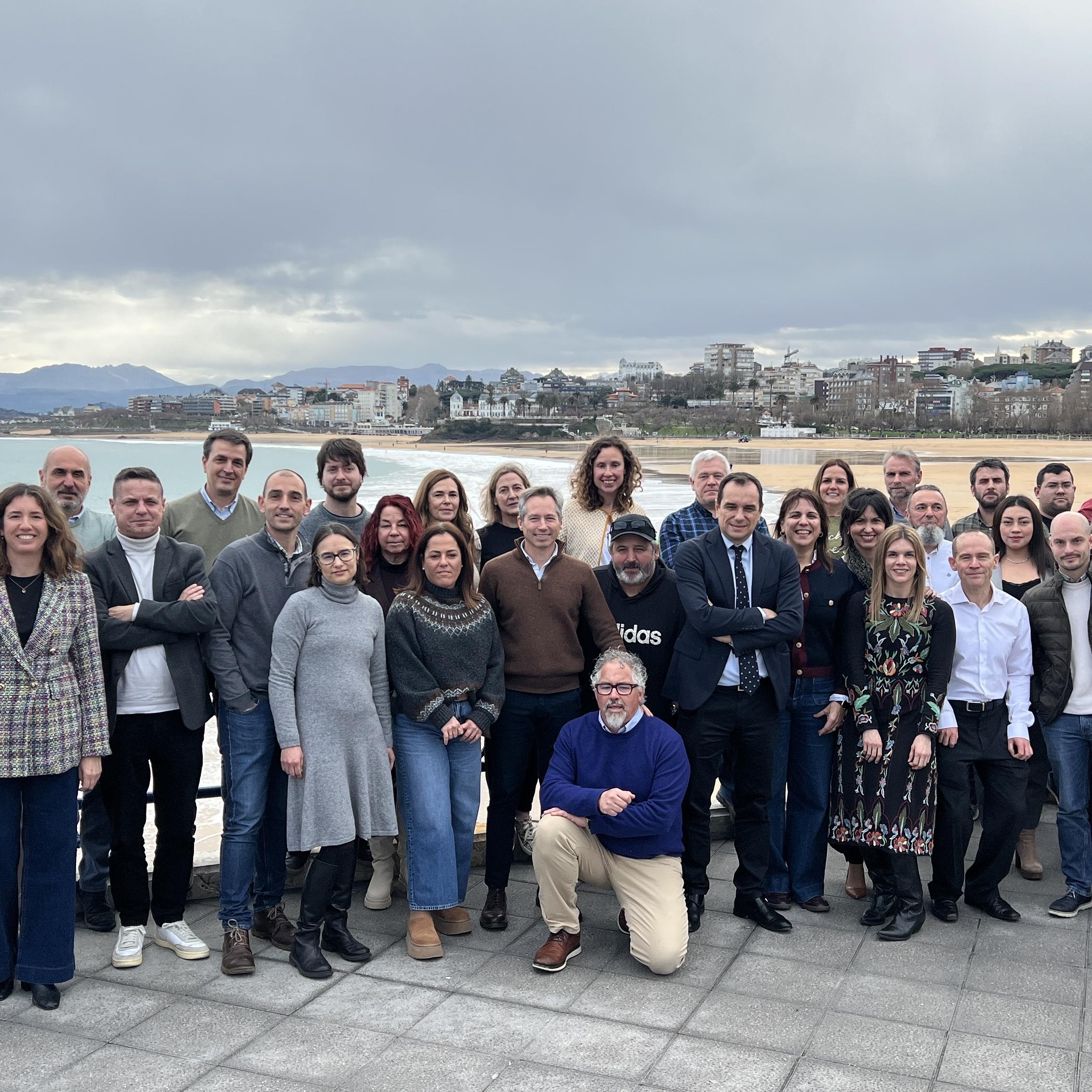
Recognition of Ineco's experience and technical excellence
The consortium formed by WSP Chile and Ineco has obtained the best technical and economic evaluation to be awarded the Integral Study of the ambitious train project between Valparaíso and Santiago, promoted by the Ministry of Public Works of Chile. With a reference budget of around €12 million (excluding VAT), this consultancy represents a key action in the planning of the country's interurban railway system. This new success consolidates Ineco's presence in Chile, where the company has been developing strategic projects since 2004, especially linked to the modernisation and sustainability of the national railway system.
Technical experience at the service of Chile's railway development
The outcome of this evaluation recognizes Ineco's international experience and technical excellence, demonstrating its capacity through various contracts in the Andean country. Notably, Ineco has provided detailed engineering and specialized consulting for the rehabilitation of the NS74 trains for Santiago Metro, overseeing key processes such as motor replacement, installation of air conditioning systems, interior refurbishment, integration of new passenger information systems, and inter-car walkways. Additionally, in collaboration with WSP, Ineco has developed the new technical railway standards for the State Railway Company (EFE), establishing an updated framework for the design, construction, and maintenance of railway assets that aligns with international safety and sustainability standards.
A step towards a greener and more efficient rail system
The Valparaiso-Santiago train project is one of the most eagerly awaited for its potential to transform connectivity between Chile's two most populated regions. The positive assessment of the WSP-Ineco consortium is a sign of the commitment of both engineering companies to more sustainable, safer and resilient mobility.
Since its founding, Ineco has supported public administrations in developing comprehensive technological solutions for mobility. In Latin America, its presence has resulted in flagship projects in Peru, Colombia and Uruguay, exporting the Spanish railway model based on talent, innovation and public-private cooperation.








